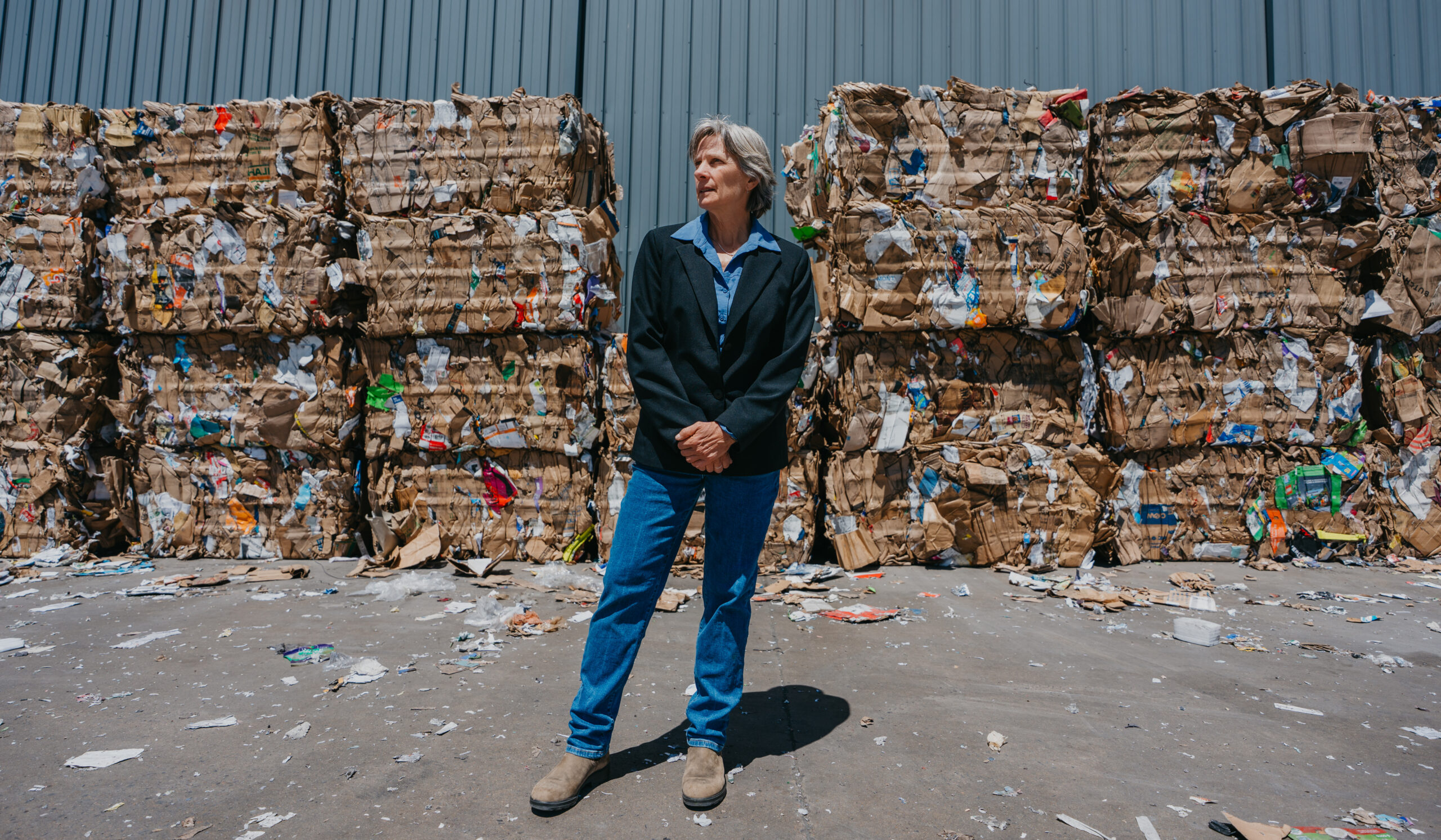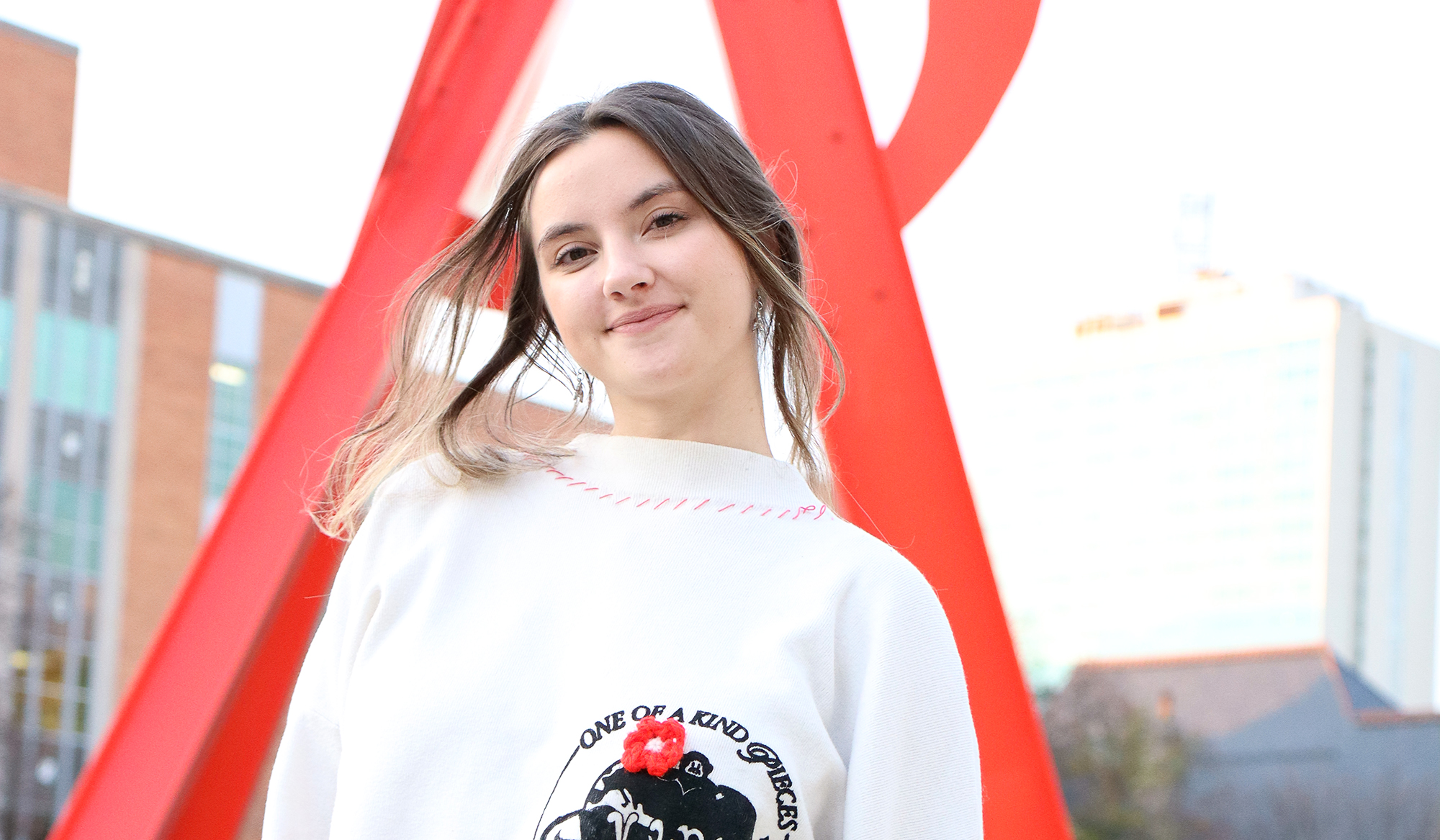The 10-acre site at the corner of Michigan and Trumbull in Detroit might be the most cherished plot of land in southeast Michigan—if not the whole state. The Detroit Tigers started playing baseball at “the corner” in 1896 and didn’t cease until 1999. Despite fan sentiment and numerous preservation efforts, Tiger Stadium was torn down in 2009.
Still, people continue to flock to the site for pickup games of baseball, to play catch, to run the bases, or simply to roam the green outfield and tell their children or grandchildren about the first time they saw a game there.
Soon, the cheers will return and a new generation of memories will be made. This spring, the youth sports organization Detroit PAL (Police Athletic League) broke ground as it plans a new headquarters and facility for baseball, softball, soccer, and football. Looking for ideas on how best to operate its new facility, raise money for programs, better engage its alumni, and honor the history of the site, PAL turned to U-M’s Center for Social Impact (CSI).
The center launched in 2014 with the goal of preparing the next generation of leaders to tackle social challenges. CSI offers a number of programs and activities, including placing students on the boards of local nonprofit organizations, as well as a student-run fund that provides financial assistance to those working in low- or no-pay internships with charitable organizations.
But the most popular activity is the Social Impact Challenge, now in its fifth year, said center managing director Rishi Moudgil, ’00, MBA’08, MA’08. During the winter term, 75 students from 12 U-M schools and colleges signed up to develop ideas and proposals for PAL. A big draw of the challenge, Moudgil said, is the opportunity for students to take what they have learned in the classroom and apply it in a real context.
“We believe strongly in the idea of practical learning,” he said. “If we can put our students in situations where they’re working on real challenges that affect real people and communities, it creates a very different dynamic than simply a theoretical case or a classroom experience.”
To participate in the challenge, undergraduate and graduate students formed teams of three to five people. At least two U-M colleges or schools had to be represented on each team to have “different perspectives and diverse skills at the table,” Moudgil said.
On Jan. 20, 17 teams were given the official case statement from CSI and PAL. Three days later, they traveled to Detroit’s thriving Corktown neighborhood to tour the former stadium site. They also met with local stakeholders because community engagement is an integral part of the process. Teams submitted their proposals on Feb. 1, and about a week later, the finalists presented their recommendations to a panel of judges.
The winning team, Eye of the Tiger, proposed ideas for making the sports complex sustainable by hosting corporate outings and weddings, and for fundraising not only from PAL alumni but also those who love Tiger Stadium. PAL also is considering ideas from the other three finalist teams, such as hosting concerts, movie nights in the outfield, and a skating rink in the winter.
Community engagement is an integral part of the process.
Regardless of how teams fared, the competition provided all students with the kind of innovative learning about business, urban planning, neighborhood outreach, collaboration, and social justice.
“This was my first opportunity to have this type of experience, and I loved it,” said Andrew Kelley, an MBA candidate in U-M’s Ross School of Business and former schoolteacher. “Learning by doing is something I tried to do often in my first grade classroom, and the learning is just as powerful that way in grad school as it is in elementary school. It not only makes the learning more fun, but it also improves retention significantly.”
Kelley and his teammates—Michelle Rubin, Karen Yocky, and Aaron Ledbetter— continue to fine-tune some aspects of their proposal for PAL to implement. And in April, they attended the ceremonial groundbreaking. Kelley says he and all participants will carry with them the lessons learned from the challenge, whether it is in the classroom next year or on the job.
“It is one thing to learn the theories and frameworks for business problems in the classroom,” he said. “But it is another thing to actually get to apply these concepts in a real world situation.”
Dan Shine attended many games at Tiger Stadium, including the World Series winner in 1984 and the final game in 1999.





